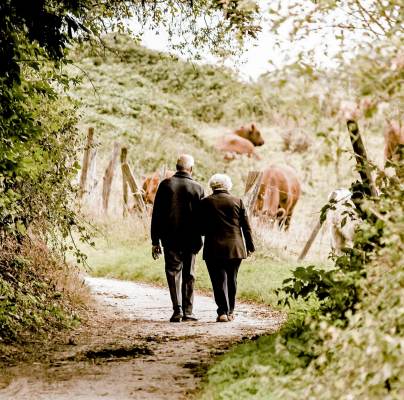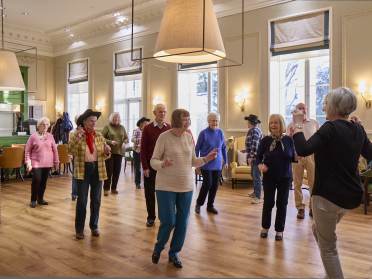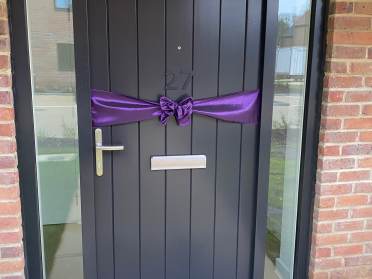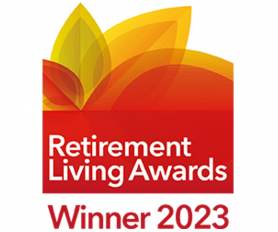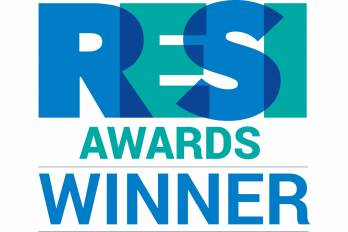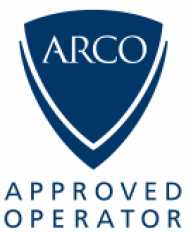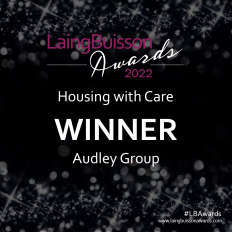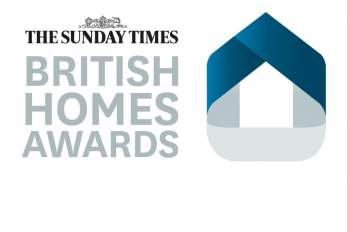About sheltered housing
Sheltered housing or "housing with support" can make one's life easier by offering smaller and easier to maintain housing options, often with an alarm call system to summon help in an emergency. This type of housing offers self-contained homes with individual kitchens and bathrooms and main buildings with communal facilities (such as laundry rooms, social lounges and shared gardens) where residents can socialise.
Sheltered housing schemes are supervised by a warden or scheme manager who may live on or offsite, offering 24-hour emergency help on demand. Homes are normally let by local councils and housing associations, so allocation criteria and waiting lists sometimes apply.
Who is sheltered accommodation for?
Sheltered accommodation is mostly considered by self-sufficient people aged 55 or over, able to live independently and considering occasional support.
Residents with more home care needs might have to arrange a package with a private care agency or get help from a local authority.
Did you know?
Extra-care housing also provides meals and personal care, combining the independence of sheltered housing with some of the support a care home or nursing home would provide.
The benefits of sheltered housing
- Independence – more independence than care-home living, but meals may be provided and you can also opt for personal care.
- Finances – you can hold onto your asset if buying, and rental is offered by most.
- Access to care – on-site support is usually on hand in the event of an emergency (but see below).
- Lifestyle – you can enjoy independence along with, if you wish, chances to socialise with other residents.
- Maintenance – all this is done for you.
Disadvantages to consider before moving
- Lifestyle – the leisure and socialising options are more limited than those of retirement villages and homes.
- Facilities – on-site facilities are usually more limited which could mean relying more on external help.
- Access to care – help with domestic tasks may be offered, but you usually need to source and manage this yourself.
People also ask ...
-
How much does sheltered housing cost?
-
The cost will vary according to the size, type and location of the property. It will also depend on whether you rent or buy on a leasehold basis or with shared ownership.
Most often the residents will also pay:
- a support charge – for support services
- a service charge – to cover the cost of the communal facilities, incl. the Council Tax and utility bills (water, gas and electricity).
